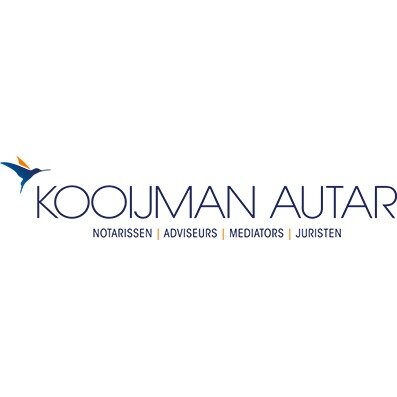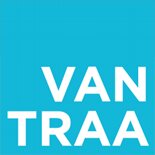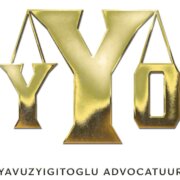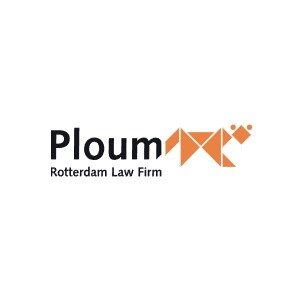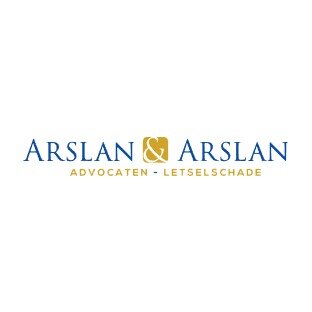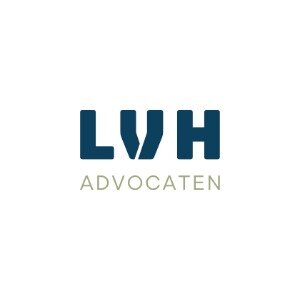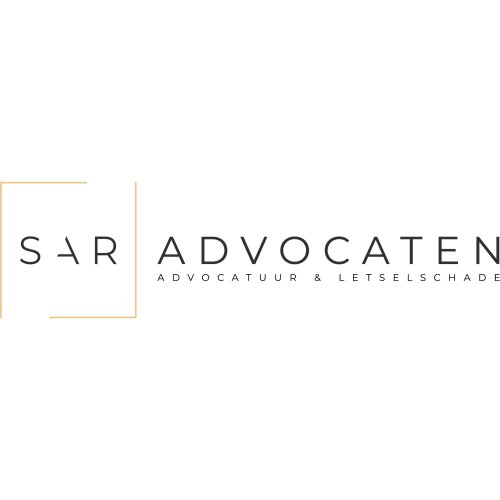Best Sanctions & Export Controls Lawyers in Rotterdam
Share your needs with us, get contacted by law firms.
Free. Takes 2 min.
List of the best lawyers in Rotterdam, Netherlands
Netherlands Sanctions & Export Controls Legal Articles
Browse our 1 legal article about Sanctions & Export Controls in Netherlands written by expert lawyers.
- EU Sanctions and Export Controls for Dutch Trading Firms
- Dutch companies must comply with both EU regulations and the Dutch Sanctions Act 1977, which imposes strict criminal and administrative penalties for violations. An Internal Compliance Program (ICP) is the primary legal defense for demonstrating due diligence to Dutch authorities during an audit or investigation. Dual-use goods require specific licenses... Read more →
About Sanctions & Export Controls Law in Rotterdam, Netherlands
Rotterdam is one of Europe's largest ports and a crucial gateway for global trade. As such, the city and its businesses are significantly impacted by sanctions and export controls laws. These legal frameworks are designed to regulate the movement of goods, technology, and services across national borders, primarily to support international security, prevent the proliferation of weapons, enforce foreign policy, and comply with obligations set by the European Union and United Nations. Entities operating in or through Rotterdam must adhere to these laws to avoid criminal, civil, and administrative penalties.
Why You May Need a Lawyer
Sanctions and export controls are highly complex and fast-changing. Legal assistance can be essential in situations such as:
- Navigating the legal requirements for importing or exporting goods, software, or technology
- Dealing with authorities following an allegation of a breach of sanctions or export controls
- Applying for exemptions, licenses, or authorisations
- Conducting due diligence on international partners and transactions
- Responding to enforcement actions, investigations, or audits
- Understanding the impact of new or updated sanctions regimes on your business activities
- Mitigating the risk of unintentional violations which can have severe legal and financial consequences
Engaging a lawyer ensures that you understand your obligations, are compliant, and are protected against potential liabilities.
Local Laws Overview
The Netherlands, and specifically Rotterdam, is subject to a combination of Dutch national laws, European Union regulations, and United Nations resolutions regarding sanctions and export controls:
- Sanctions: The Dutch government implements sanctions adopted by the United Nations, the European Union, and occasionally national measures. These can pertain to countries, entities, or individuals and may include asset freezes, travel bans, or trade restrictions.
- Export Controls: These laws regulate the export of specific goods, services, dual-use items (goods with both civilian and military applications), and technology. The most significant pieces of legislation include the EU Dual Use Regulation and the Dutch Strategic Goods Act.
- Customs Compliance: Companies must work closely with Dutch Customs authorities in Rotterdam to ensure compliance during import and export procedures.
- Enforcement: The Dutch Customs Administration and the Financial Intelligence Unit (FIU) play active roles in enforcing sanctions and export controls.
- Licensing: Many exports require prior government approval in the form of licenses, especially for controlled or sensitive goods and transactions with embargoed countries.
Rotterdam's position as an international trade hub means enforcement is robust, and mistakes or oversights are likely to be detected and pursued by authorities.
Frequently Asked Questions
What are sanctions and export controls?
Sanctions are measures imposed by governments or international bodies to restrict economic activity with specific countries, entities, or individuals. Export controls are laws that regulate and sometimes prohibit the movement of certain goods, technology, or services from one country to another, usually for security reasons.
Who enforces sanctions and export controls in Rotterdam?
Enforcement involves several authorities, including Dutch Customs, the Ministry of Foreign Affairs, and the Financial Intelligence Unit. For certain violations, law enforcement agencies and prosecutors are also involved.
Do EU sanctions apply in Rotterdam?
Yes, as a member of the European Union, Netherlands is legally bound to all EU sanctions regulations, which apply directly in Rotterdam without local adaptation.
What is a dual-use item?
A dual-use item is a product, software, or technology that can be used for both civilian and military purposes. Exporting such items from Rotterdam often requires a government license.
How do I know if my business needs an export license?
You should check the Dutch and EU controlled goods lists and consult with an expert or legal advisor. If your product falls within these lists or your destination is subject to sanctions, a license is likely needed.
What are the consequences of violating sanctions or export controls?
Penalties can include fines, license revocations, imprisonment, blacklisting, and severe reputational harm.
Does intent matter if I accidentally violate a sanction?
Yes, Dutch authorities may consider intent and due diligence, but even accidental violations are subject to strict liability. Demonstrating robust compliance measures may mitigate penalties.
Are there exceptions or exemptions to sanctions and export controls?
Certain humanitarian goods, food, and medicines may be exempt under specific conditions. You often need to apply for an exemption or license and justify your case with authorities.
Can a Rotterdam-based company do business with a sanctioned country?
Only under very strict conditions and, in most cases, only after obtaining the appropriate licenses or authorisations. Ignoring sanctions can result in enforcement action.
How do I stay updated on changes to sanctions and export control laws?
Regularly review updates from official Dutch government sources, EU legislation, and consult with legal professionals or compliance advisors who monitor these changes.
Additional Resources
If you need more information or help understanding sanctions and export controls in Rotterdam, these resources are valuable:
- The Netherlands Enterprise Agency (RVO) provides guidance on export controls and licensing requirements
- The Dutch Ministry of Foreign Affairs publishes updates on current sanctions and national policies
- Dutch Customs (Douane) offers detailed information on customs requirements and enforcement
- The European Commission's Sanctions Map tool shows current EU sanctions regimes
- Chambers of Commerce and industry bodies can provide sector-specific advice
- Local law firms specializing in international trade law and compliance
Next Steps
If you believe sanctions or export controls may apply to your business activities in Rotterdam, it is crucial to act swiftly and responsibly:
- Assess whether your products, technology, or services may be subject to restrictions
- Review your business partners and the ultimate destination of goods or services
- Contact a qualified Dutch lawyer or compliance expert with experience in sanctions and export controls law
- Gather all relevant documentation, including contracts, invoices, and correspondence
- Establish or review your internal compliance policies to detect and prevent potential violations
Effective legal advice can help you navigate complex regulations, avoid costly mistakes, and protect your business interests in Rotterdam's active international trade sector.
Lawzana helps you find the best lawyers and law firms in Rotterdam through a curated and pre-screened list of qualified legal professionals. Our platform offers rankings and detailed profiles of attorneys and law firms, allowing you to compare based on practice areas, including Sanctions & Export Controls, experience, and client feedback.
Each profile includes a description of the firm's areas of practice, client reviews, team members and partners, year of establishment, spoken languages, office locations, contact information, social media presence, and any published articles or resources. Most firms on our platform speak English and are experienced in both local and international legal matters.
Get a quote from top-rated law firms in Rotterdam, Netherlands — quickly, securely, and without unnecessary hassle.
Disclaimer:
The information provided on this page is for general informational purposes only and does not constitute legal advice. While we strive to ensure the accuracy and relevance of the content, legal information may change over time, and interpretations of the law can vary. You should always consult with a qualified legal professional for advice specific to your situation.
We disclaim all liability for actions taken or not taken based on the content of this page. If you believe any information is incorrect or outdated, please contact us, and we will review and update it where appropriate.




